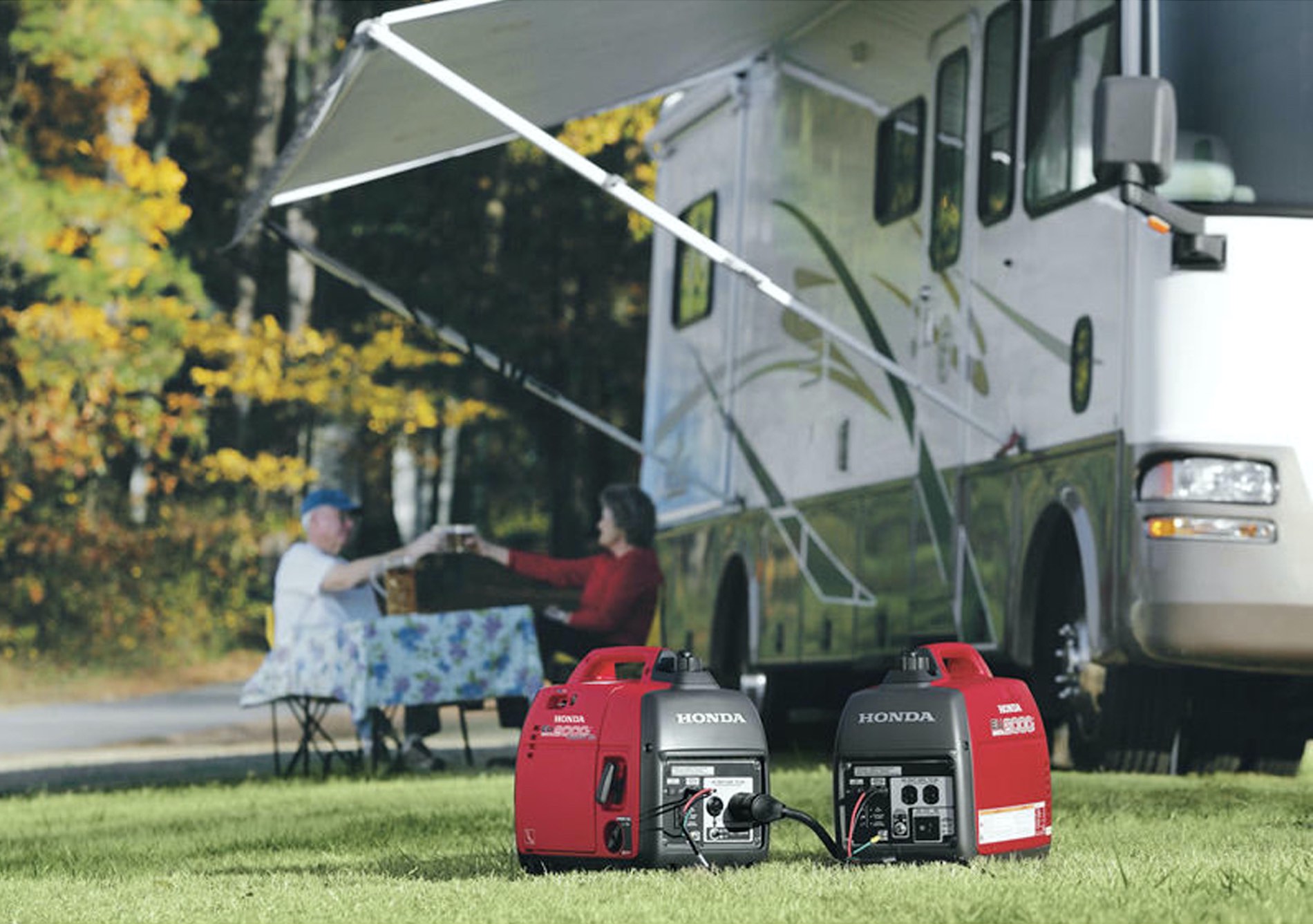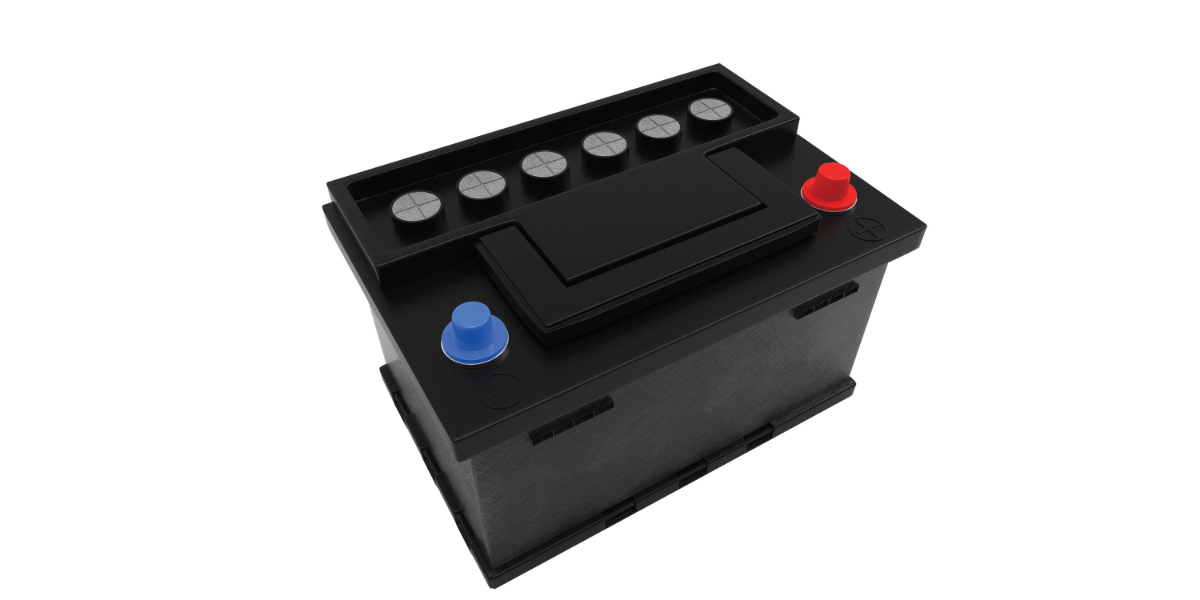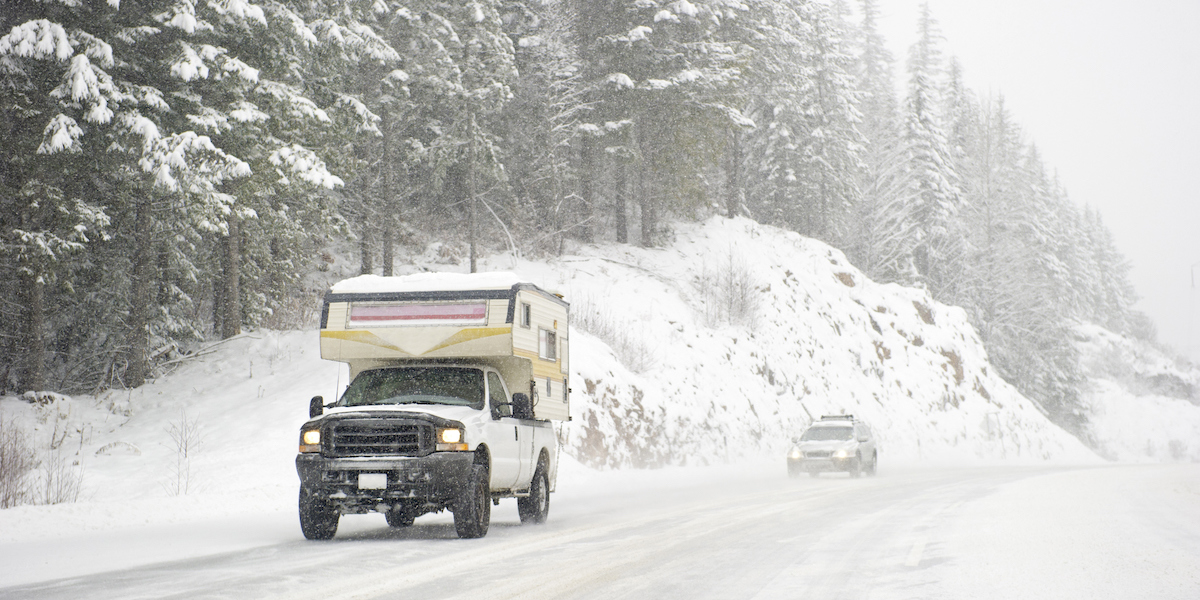Prepping Your RVs Generator for Another Season
Maintenance Is Key for Any Generator
Image Caption:
The generator is an important machine for all other electrical conveniences of your RV, and keeping it in good condition keeps your rig working and saves you money in repairs and replacements over time.
This is the reason why you do the research and invest wisely when buying a generator; it’s why you keep a close eye on fluid levels throughout the season, and why you take the time to winterize before stowing away for the off-season. Now, it’s time to prep your generator for another season on the road.
In the process of prepping your RV—routine maintenance, inspection, firing up the engine again—devote some time and resources to your generator as well. Whether using a portable generator for smaller RVs or if your RV has a built-in generator, both require inspection and maintenance. This keeps your RV feeling like home even when boondocking or when shore power isn’t available.
Key Maintenance
Much of the maintenance for your RV’s generator is based on its usage: per the number of hours running, certain maintenance is required. This means you might be changing filters or replacing fluids throughout the year more often if you spend frequent time off the grid—and less so if you seldom use your generator.
Resources are available online for scheduling how often to replace filters and fluids dependent on your generator and the type of fuel you’re using. But unless you kept a good running record of how many hours you put on your generator last season, start off the season with a clean slate.
Dust, particulates, and even oil can get into your generator’s valves and cylinders that can eventually cause serious damage or even destroy your generator. Your air filter prevents this and should be replaced according to the manufacturer’s recommendations—especially at the start of the season.
But if you are traveling in particularly dusty or dry areas, stock extra filters, and streamline the process of replacing them; the more comfortable you are with switching this out—and inspecting for blockage—the quicker you’ll be on the road and you won’t have to stop.
Follow a similar protocol when it comes to your generator’s oil and oil filter: replace at the start of the season and stock filters and replacement oil before leaving for a trip. When replacing oil, follow the same procedure you would when changing the oil on your vehicle’s engine, being sure to let the engine cool prior to replacing.
Note: even during the off-season, you should be running your generator at least once a month to ensure there’s no oil residue build-up. “Exercising” your generator like this will also eradicate any moisture, prevent stale fuel in the fuel lines, and remove oxides from electrical connectors—a good idea in general.
Stay up to date with any other recommended maintenance in your generator’s and/or RV’s operator manual, and use the filters and fluids listed as a stock list for what to have on hand in the case of an emergency.
The Right Generator for Your RV
The start of the season is also a good time to evaluate the equipment you have and what you might need. Your RV setup should always be tailored to your individual needs and wants—from choosing a motorhome or a fifth-wheel RV to what kind of towing capabilities you’ll need from your towing truck.
The same goes with your choice of generators: what do you need? Not every RV requires an installed generator, and many smaller rigs can rely on a portable generator and an extension cord to run your appliances. The key here is to know how much power you require, and the pros and cons of the generators available.

Refrigeration, cooking, entertainment, air conditioning—each appliance will pull from your generator in different amounts and depending on how frequently you use them. For smaller applications, you can get away with a portable generator capable of only 2,000 watts—but if you’ll be in climates requiring moderate to powerful air conditioning, you’ll want a powerful generator, capable of upwards of 4,000 watts.
Compare the electrical usage of your appliances to the capability of your generator. Before leaving home on a trip, test the generator with your appliances running to ensure you won’t be straining the system past its limits.
Built-in generators often offer more power for your appliances—and an added benefit is the ease of setup, as well as running off the same fuel as your motorhome. But when using a built-in generator, be sure to keep windows closed to keep the exhaust out of your living space, including a CO sensor in relevant areas, and keep up with the most recent EPA regulations regarding the use of diesel or gas generators to stay in compliance.
Generator Maintenance Made Easier
You can improve your start-of-the-season generator prep with consistent maintenance throughout the year—including while camping as well as during winter.
As discussed, your maintenance is dependent on how much usage you put on a given filter, so consider tracking those hours with a megawatt-hour sensor device to know exactly how much you’re using your generator. Also: follow a holistic winterizing process—including generator exercise at least once a month—and invest in fuel stabilizers to prevent having to replace fluids at the beginning of each season.
If you know what you require from your generator and if you know how to keep it healthy, you avoid the pitfalls many RV owners fall into with the wrong generator for their rig, or costly repairs caused by negligence. Plan correctly and generator prep at the start of the season will be an easy box to check off to get you started on the next adventure.





